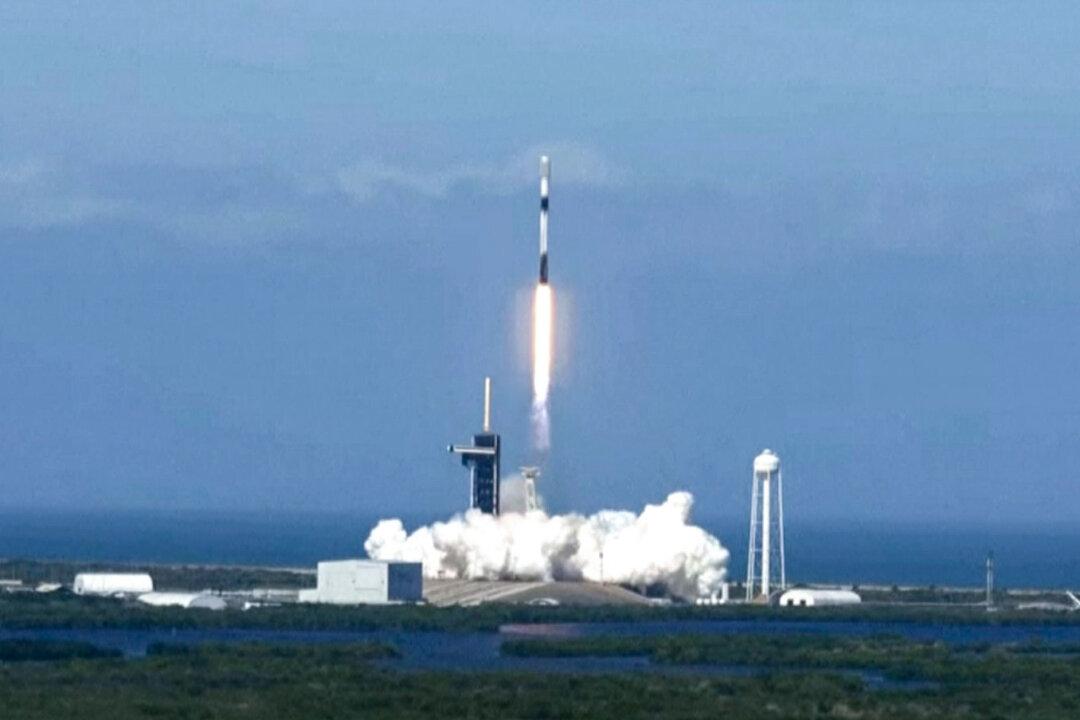A federal court has upheld approval of a plan from Elon Musk’s Starlink to launch a new fleet of satellites, rejecting a challenge from DISH Network and an environmental group.
A panel of judges on the U.S. Court of Appeals for the District of Columbia on July 12 said that the Federal Communications Commission properly adhered to federal law when it approved Starlink’s plan to deploy 7,500 satellites that will continuously circle the earth.





